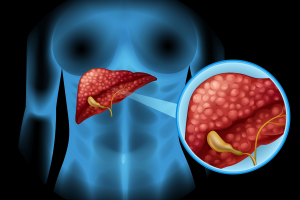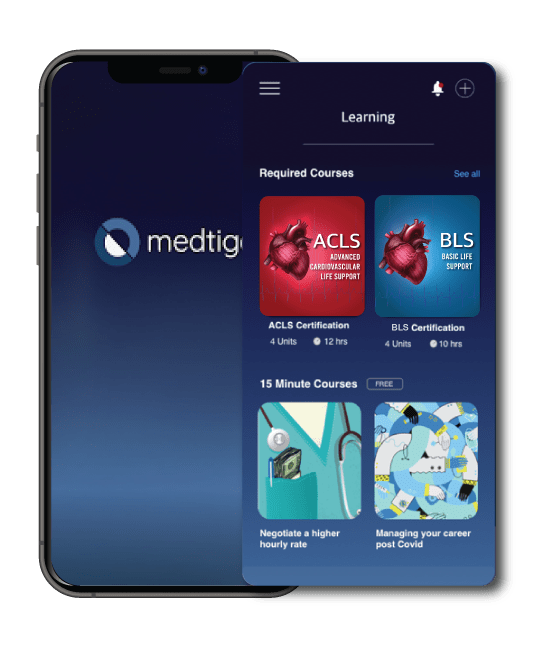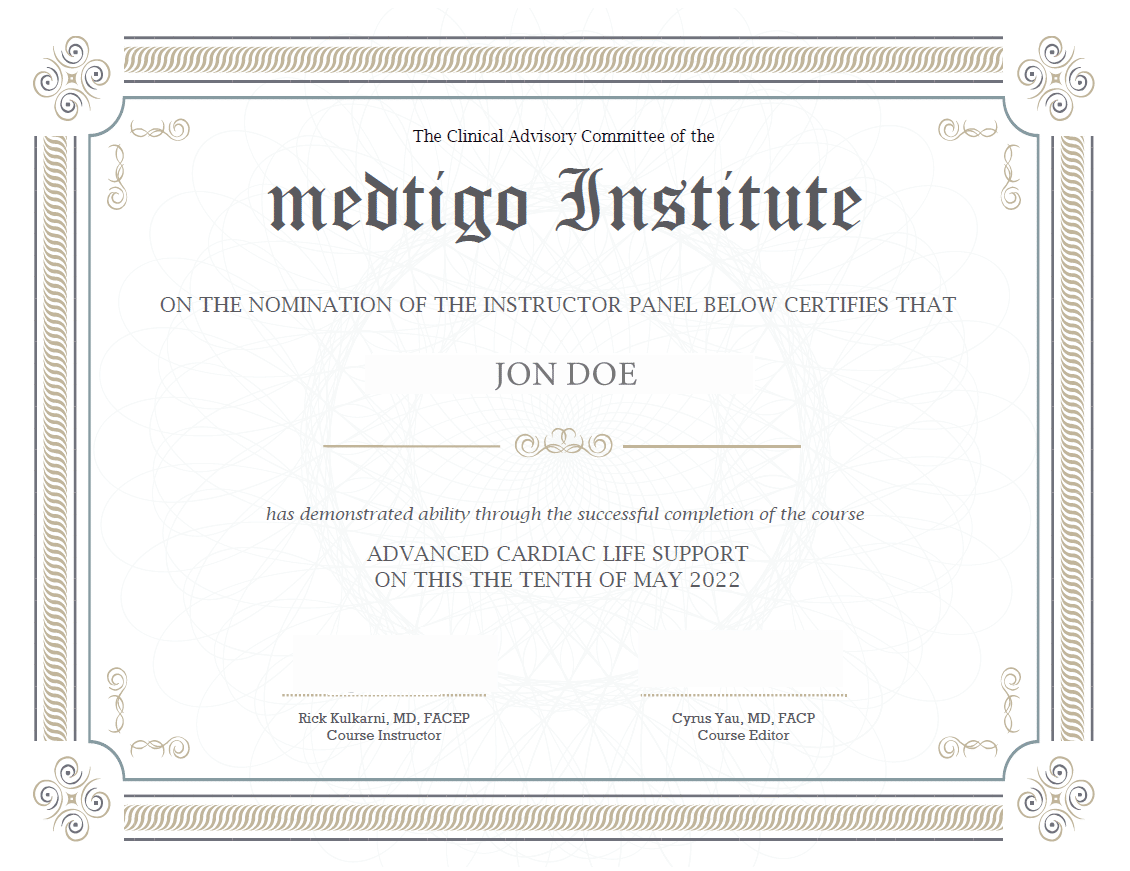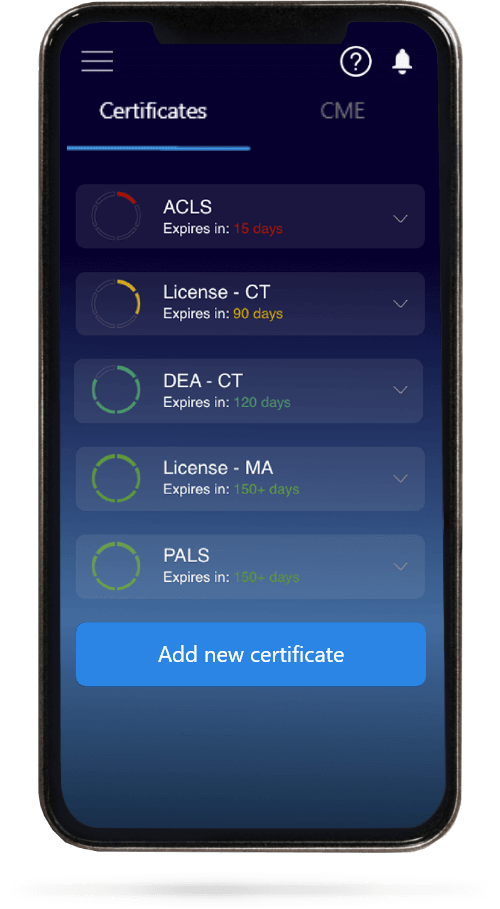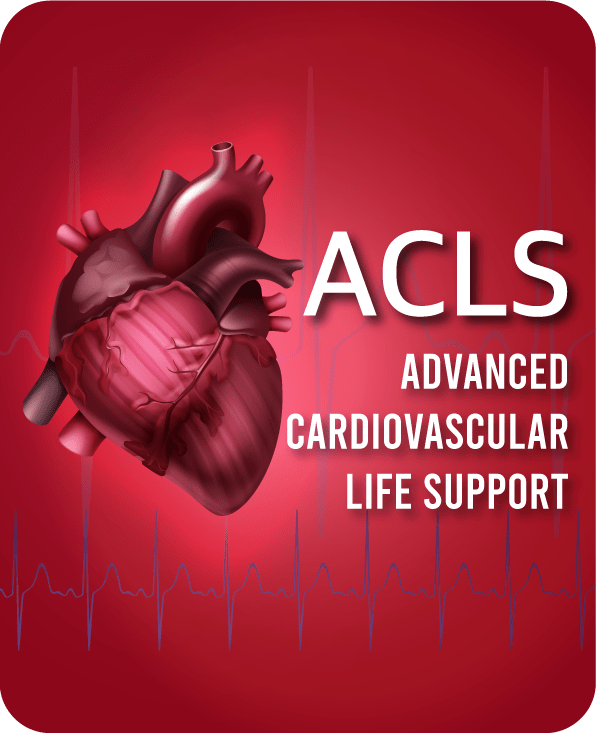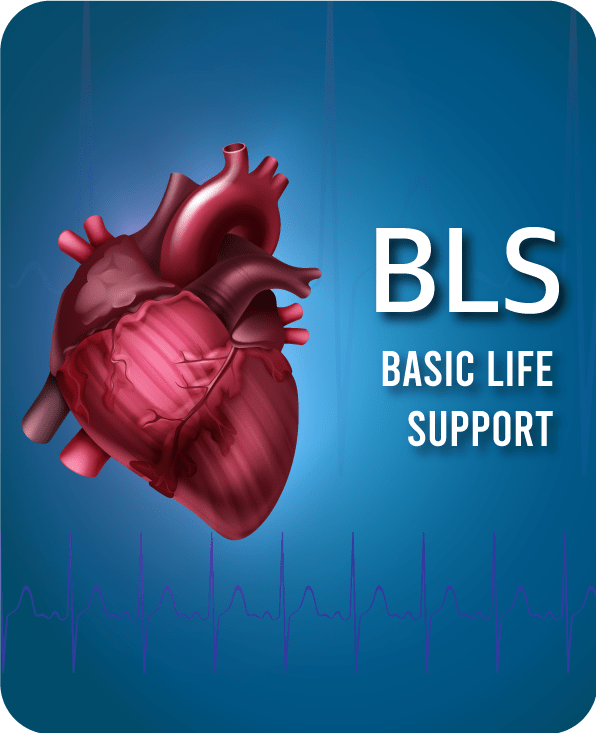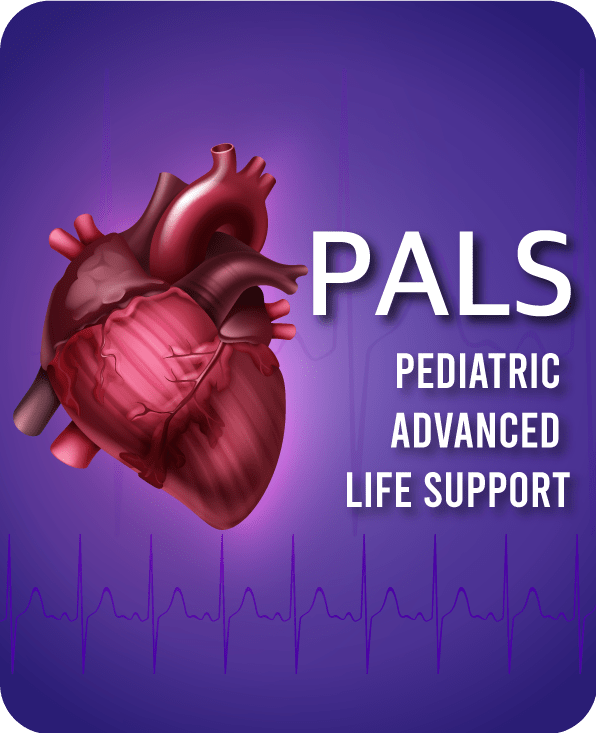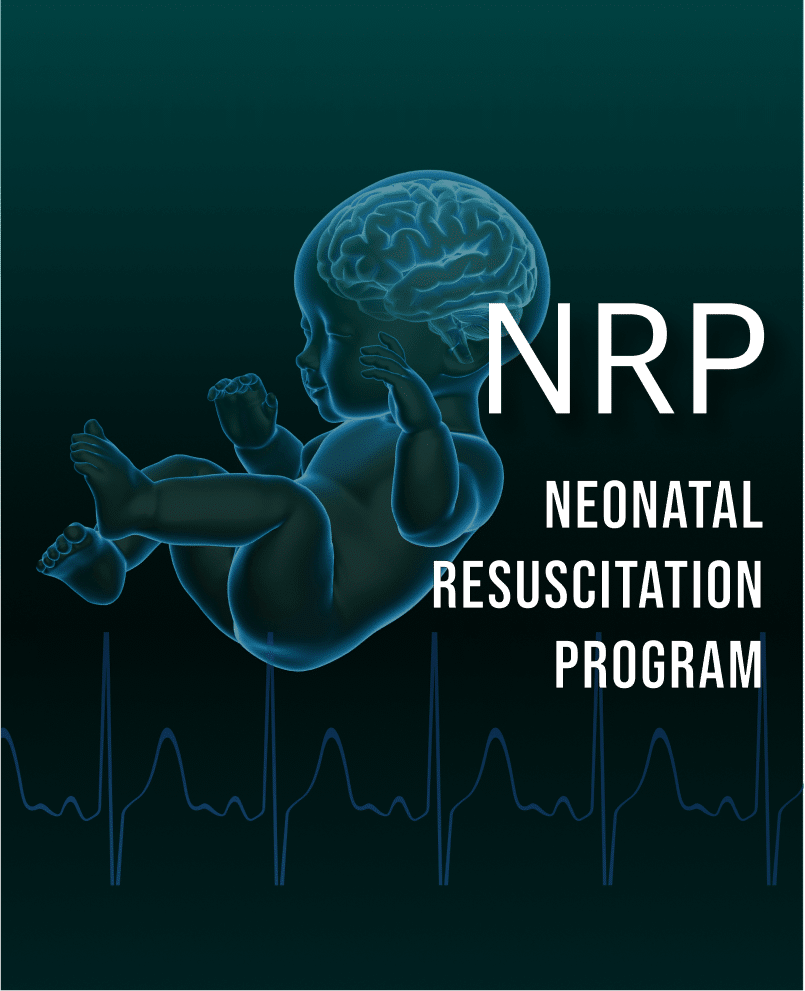
The FDA has approved CT-132, the first prescription digital therapeutic (PDT) for preventing episodic migraines in adults. The device also received official marketing authorization from the FDA as a prescription digital therapeutic for its preventive migraine treatment function. The company received an FDA De Novo Classification Request for their prescription digital therapeutic CT-132 to function as a preventive treatment of episodic migraine in adult patients aged 18 years and above.
The mobile platform CT-132 transmits clinical behavioral therapy to patients by using their smartphone as a delivery system. It is designed to complement existing migraine medications for both acute and preventive treatment needs.
The AI-powered Click development platform enabled the creation of CT-132 for migraine treatment. This treatment integrates proven therapeutic approaches with user-focused features that help patients achieve better results. It shows promise as a software drug enhancement category that unites modern digital resources with established pharmaceuticals to increase therapeutic effects.
The FDA approved CT-132 based on results from the ReMMi-D pivotal study and the ReMMiD-C bridging study. 558 participants enrolled in the ReMMi-D study, with episodic migraines, while all subjects were already taking standard migraine drugs. During this 12-week randomized controlled trial, researchers tested the digital therapeutic CT-132 against a digital control device that worked like a placebo. CT-132 demonstrated a mean reduction of -3.04 days in monthly migraine days according to study results, but the control group members received a lower benefit from the placebo-like treatment. CT-132 produced a statistically significant treatment effect of -0.9 MMDs, which reached significance level p = 0.005 when compared to the control.
The study subjects using CT-132 experienced enhanced scores for migraine-specific quality of life markers during week 4 and showed better migraine disability scores (MIDAS) at week 12. All patients in the study followed their prescribed treatment protocol throughout the research period. Participants in the CT-132 group completed all 84 daily lessons, while control group participants completed 81 lessons. There were no adverse events related to the device during the study period, and no participant-induced study discontinuation because of side effects.
A total of 110 patients participated in the ReMMiD-C study after using newer CGRP inhibitor medications. The researchers designed ReMMiD-C the same way as ReMMiD and studied CT-132 against a placebo control. The outcomes of this clinical trial revealed equivalent results regarding migraine day reduction for patients who maintained use of CGRP inhibitors. Due to its bridging design, ReMMiD-C excluded hypothesis testing, even though it monitored 110 patients using CGRP inhibitors. These studies permitted patients to maintain their ongoing migraine medication, and therefore, researchers could measure additional therapeutic outcomes of CT-132 given standard therapeutic treatment.
Over 37 million adults in the U.S. experience migraines, making it the second most disabling medical condition nationwide. The condition creates extensive disruption that affects work responsibilities as well as school duties and relationships. Patients who have access to prescribed medications still face regular attacks that induce severe complications.
CT-132 provides patients with a new choice, a non-pharmacological, evidence-based mobile therapy that patients can access anytime from home. It could be particularly useful where there is restricted access to in-person behavioral therapy.
“This represents an important milestone for the more than 37 million adults in the U.S. who experience migraine,” said Dr. Shaheen Lakhan, Chief Medical and Scientific Officer of Click Therapeutics. CT-132 presents a new path to alleviating the burden produced by migraine. Dr. Stewart Tepper, study co-investigator and headache medicine specialist, noted, “We don’t have anything like this in our migraine armamentarium. Behavioral strategies are useful adjunctively, but many parts of the country simply don’t have access to them.”
References: Biospace. Click Therapeutics Announces FDA Marketing Authorization for CT-132, the First Prescription Digital Therapeutic for the Preventive Treatment of Episodic Migraine in the United States. Published April 15, 2025. Accessed April 21, 2025. Click Therapeutics Announces FDA Marketing Authorization for CT-132, the First Prescription Digital Therapeutic for the Preventive Treatment of Episodic Migraine in the United States – BioSpace





